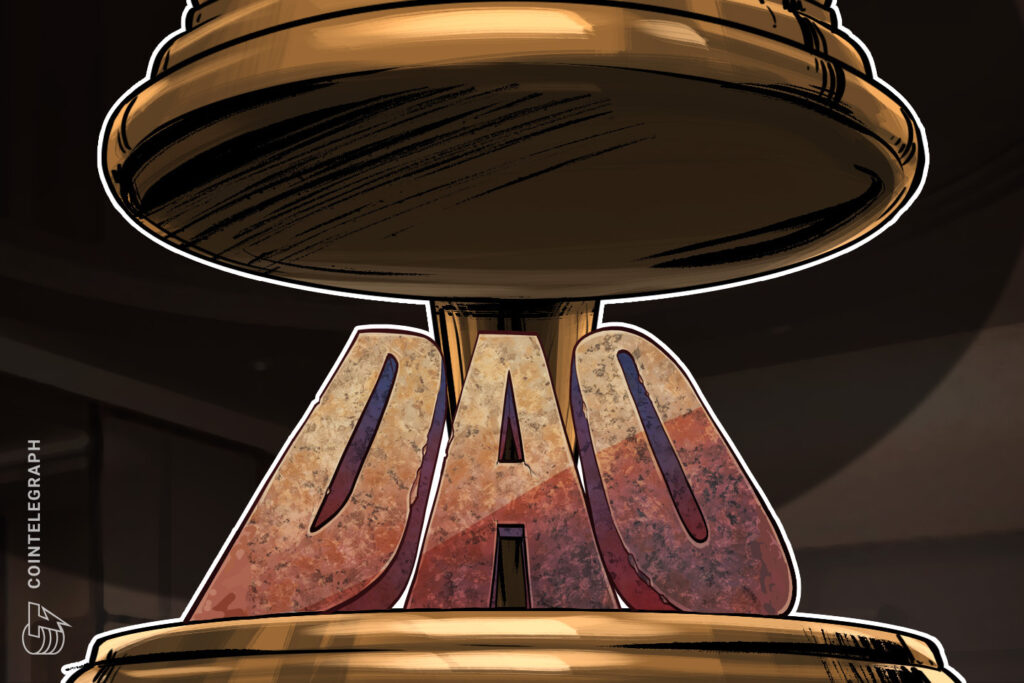30s Summary
Decentralized autonomous organizations (DAOs) are receiving increased legal scrutiny. In 2022, Andreessen Horowitz and other firms invested heavily in Lido DAO. However, in 2024, a California court ruled these firms could be sued by an investor who incurred losses from his LDO tokens. They were perceived to have an “active role” in Lido DAO’s management. This prompted discussions about the legal structure of DAOs and the concept of “limited liability”. The recent lawsuit only concerns a motion to dismiss but has raised the question of potential legal implications for DAOs worldwide.
Full Article
You might not think about legal stuff when it comes to decentralized autonomous organizations (DAOs), but it’s becoming a big deal. There’s a strong need for a structure that keeps members from getting sued left, right, and center. Basically, what we need is something that offers “limited liability”.
Now, let’s talk numbers. In 2022, Andreessen Horowitz, a major venture capital firm, forked over $70 million to buy (LDO) tokens from Lido DAO. A year earlier, Paradigm Operations, another fund, had bought 100 million LDO tokens – 10% of all tokens issued. Meanwhile, Dragonfly Digital Management went in and scooped up $25 million worth of LDO.
However, things took a dramatic turn two years later. In late 2024, a northern California court ruled that all the three firms could be sued by an investor who’d lost dough on his LDO tokens, causing a real big stir in the DAO community.
Is this ruling a threat? Perhaps. Despite originating from a single US state, it could reverberate across the globe.
The trio was argued to have taken an “active role” in Lido DAO’s management, which is why the court felt they could be on the hook for potential losses. This is a real downer for DAOs. Without the safety net of limited liability, it’s hard to convince venture capital firms to invest.
Most DAOs don’t really have a legal structure to fall back on. Some are set up like corporations or limited liability companies, while others function as unincorporated nonprofits or offshore groups. Many don’t associate themselves with any form of legal entity, leaving them susceptible to legal liability.
Additionally, DAOs operate on an international scale. A DAO’s home base might be California, but its members could be scattered all over the globe. This means an overseas member could potentially sue firms like Andreessen if they’re seen as running the show.
So, does this ruling only impact California? Not quite. Even if the verdict technically only applies to the jurisdiction it was given in, it could set a precedent for other US courts. The fact that DAOs are decentralized also means that location isn’t as big a factor as one might think.
Despite all this, it’s important not to get too carried away. Remember, this is just about a motion to dismiss a lawsuit – the court hasn’t actually charged anyone yet.
One possible solution being touted is the “DUNA”, or decentralized unincorporated nonprofit association. Wyoming State recently passed a law creating the DUNA, which offers legal protection to individual DAO members. But, it’s not a magical cure-all – it’s still just a tool that needs to be used properly.
Everyone agrees that having a legal safety net for DAOs is crucial. Stricter laws may come in the future and it would be unfortunate if DAOs are caught out. Therefore, it’s important to understand your risks and protect yourself from soggy legal lawsuits.

